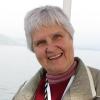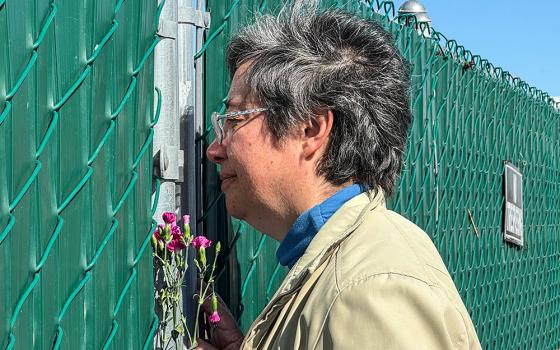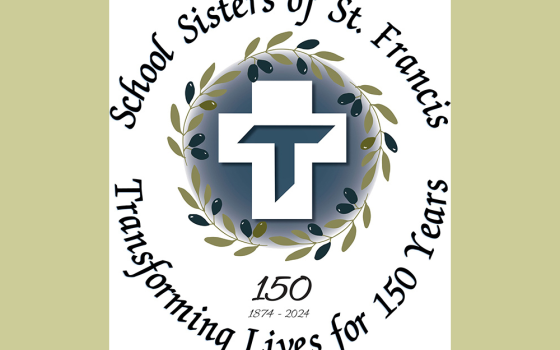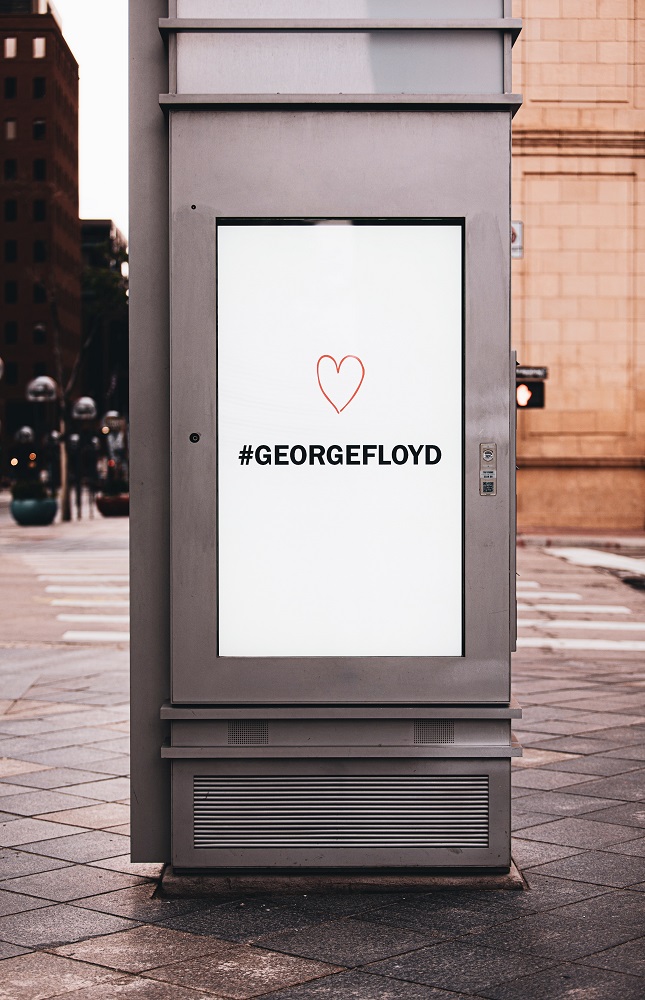
(Photo by Logan Weaver on Unsplash)
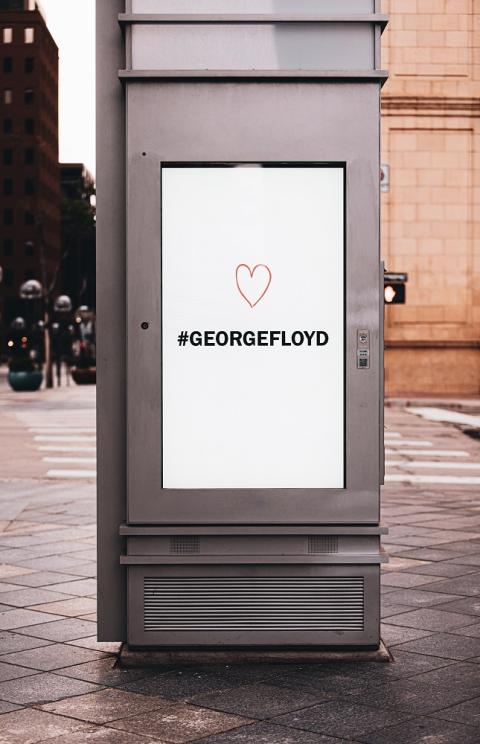
(Photo by Logan Weaver on Unsplash)
I am a white nun, 86 years old, who was spurred by George Floyd's murder last year to immerse myself in anti-racist learning. Although my religious order, the Sisters of Mercy of the Americas, has put overcoming racism at the heart of our mission, the more I read about, pray about and study it, the more I see my own blind spots. An encounter I had a few months ago with Wendian Davis, a young Jamaican nurse practitioner, made me realize how little I understand my white privilege — or what anti-racism work is about.
Ms. Davis gave me permission to share this story. We spoke on the phone at length when I first started writing this essay, and she kindly reviewed its many drafts.
Ms. Davis came to my Connecticut home last fall for a wellness visit that I receive annually through the state, thanks to my former chaplaincy ministry in a maximum-security men's prison. As she was finishing her session, with its helpful wellness tips, she asked what I had been reading lately.
I told her about my immersion into anti-racist literature and how I was especially moved by the books of Ibram X. Kendi and Isabel Wilkerson. I had just finished Kendi's How to Be an Antiracist and was taken with his ideas about how space is "racialized" in our society and given resources (or not) according to its perceived worthiness by those with power. Ms. Davis was interested and intrigued, full of questions.
She then asked if she might share something personal. "Of course," I said.
Advertisement
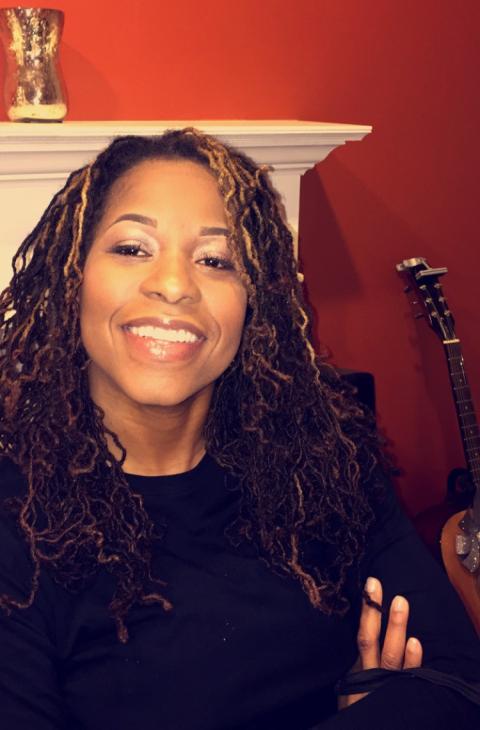
Wendian Davis (Courtesy of Patty Cook)
She told me that when she goes home in the evenings, as she is driving up her driveway, she sighs a deep breath of relief and gratitude because she leaves white space and enters her own Black space. She puts down her imaginary spear, takes off her invisible helmet and protective armor, divests herself of the high-energy focus of her day spent in white space and re-enters the Black space of her home. Since she is arriving late, her Black husband and Black children are already fixing the dinner and setting the table. Now, she can unwind, eat, laugh, rest, enjoy her life. As Ms. Davis shared these things with me, she smiled behind her mask and shield. But her smile was betrayed by her wet eyes.
She went on, telling me that her exhaustion had nothing to do with her nursing work, which she loves, or with driving around suburban Connecticut to visit patients. (Almost all her house-call clients are white people, as our health care system in the United States is so skewed against people who live in poverty, many of whom are people of color.) Her fatigue was about the energy she must exert to navigate white space.
She told me: "Sister, your white ears would fall off your white head if you heard some of harsh things that people say to me." Over the years, she said, she has learned to pause and take a breath when blindsided by white patients' racist words and attitudes. Most of her patients do not see their racism or think of themselves as racist, Ms. Davis emphasized. But to survive in white space, she must work with her guard up — way, way up.
As I listened to Ms. Davis, I realized with shocking clarity that my white skin meant I could never fully understand the pain of racism that she and countless Black people in our country suffer daily. I also saw that I had missed what it means for me and my white brothers and sisters to become anti-racist and to work for an anti-racist society until Ms. Davis pulled back the veil in her sharing.
Anti-racism must be about justice. It must be about building a society where Black people and other people of color can flourish as full citizens without being impeded, harmed or killed by white people. If anti-racist learning doesn't lead to white people like me helping with humility to bring about a complete reordering of our society through systemic and personal change — what the Rev. William Barber II and Jonathan Wilson-Hartgrove call the Third Reconstruction — then we are just wringing our hands and perpetuating injustice.
I ponder the anti-racism work that is mine to do despite my advanced years and limitations. I'm aware that my long life has spanned nearly a quarter of the four centuries that Black people in this country have suffered from racism's evils. I pray that I can be part of a Third Reconstruction of justice with my Black brothers and sisters and all people of color and that I will continue to be open to having my blind spots around racism pierced.
Deep is my gratitude to Ms. Davis for lighting my path.
Mr. Floyd — my dear brother — you have touched my world and rocked it. May you rest in the peace and glory of God.
